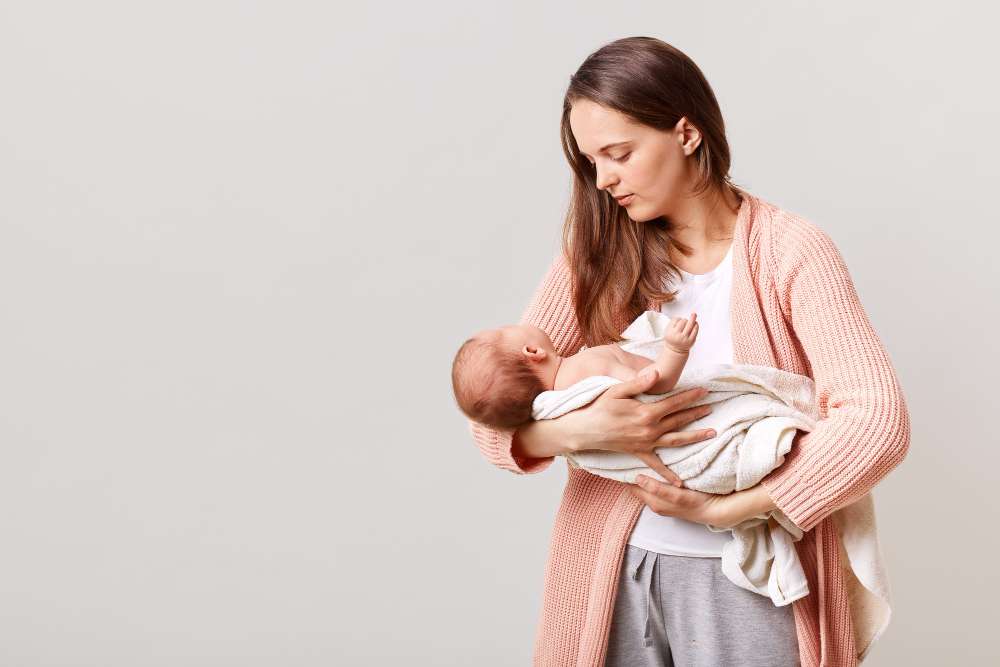Pregnancy and childbirth are often
considered as some of the most joyous moments of a woman’s life.
However, for many women,
the postpartum period can be challenging and overwhelming.
One of the most common issues experienced by new mothers is postpartum depression (PPD).
PPD is a type of depression that affects
new mothers within the first year after childbirth.
In this article, we will discuss the causes,
symptoms, risks, and treatments of PPD.
Causes of Postpartum Depression PPD is
caused by a combination of physical and emotional factors.
Physical factors may include hormonal changes,
sleep deprivation, and physical stress from childbirth.
Emotional factors may include feelings of isolation,
anxiety, and stress related to motherhood and taking care of a newborn.
Symptoms of Postpartum Depression The symptoms of PPD can vary in severity and may include the following:
-
Feelings of sadness, hopelessness, and worthlessness
-
Difficulty bonding with the baby
-
Loss of interest or pleasure in activities
-
Anxiety, panic attacks, and irritability
-
Appetite and sleep disturbances
-
Fatigue and lack of energy
-
Thoughts of self-harm or harming the baby
Risks of Postpartum Depression PPD affects about 1 in 10 women and can occur at any time within the first year after childbirth.
There are certain risk factors that can increase a woman’s likelihood of developing PPD.
These include:
-
A history of depression or anxiety
-
A difficult pregnancy or delivery
-
Lack of social support
-
Financial or relationship problems
-
Unplanned or unwanted pregnancy
-
Complications with the baby’s health
Treatment for Postpartum Depression It’s essential to seek help if you are experiencing symptoms of PPD. Treatment options for PPD may include:
-
Psychotherapy: Talk therapy can help you work through your feelings and develop coping strategies to manage your symptoms.
-
Medication: Antidepressant medications may be prescribed to help alleviate symptoms of depression.
-
Support groups: Joining a support group for new mothers can help you connect with others who are going through similar experiences.
-
Lifestyle changes: Making lifestyle changes,
-
Such as getting more sleep, eating a healthy diet, and exercising regularly, can also help manage symptoms of PPD.


